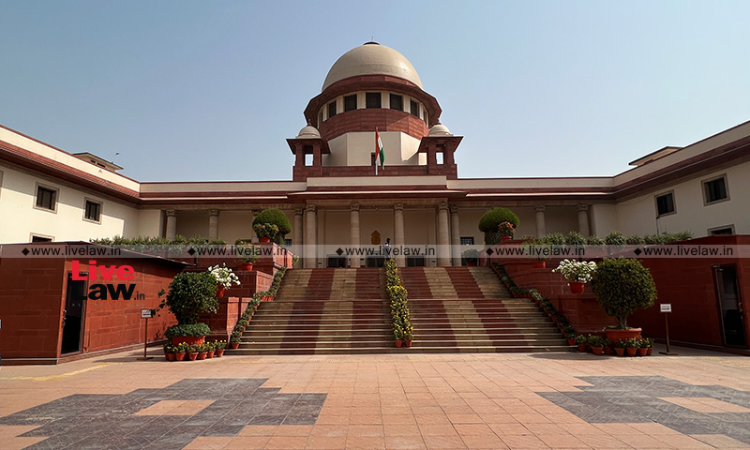Purchaser Has No Right To Claim Lapsing Of Land Acquisition Proceedings Under Sec 24 RFCTLARR Act : Supreme Court
Sohini Chowdhury
13 May 2022 10:02 AM IST

Next Story
13 May 2022 10:02 AM IST
Click Here To Read/DownloadThe Supreme Court, on May 6, held that a person who purchased a land after it vested with the State under land acquisition proceedings has no right to claim lapsing of the proceedings invoking Section 24 of the Right to Fair Compensation and Transparency in Land Acquisition, Rehabilitation and Resettlement Act, 2013."The purchaser has no right to claim lapsing...
